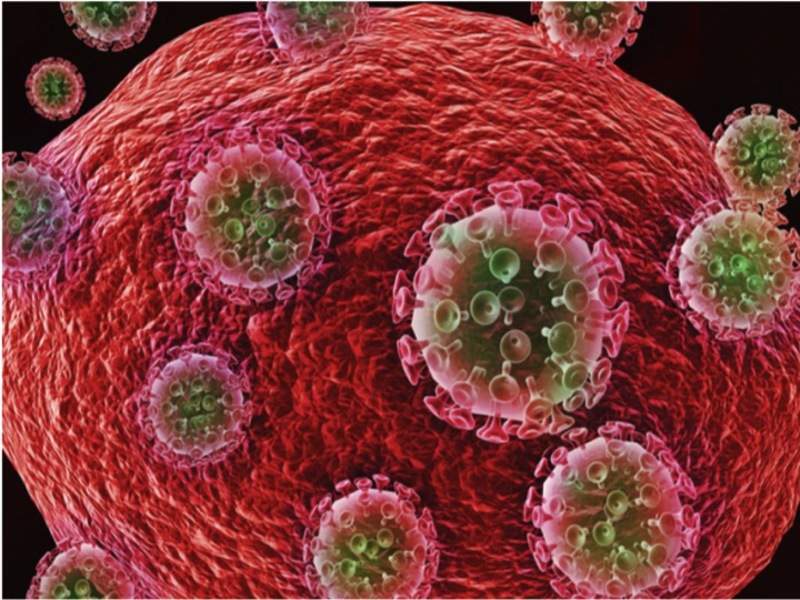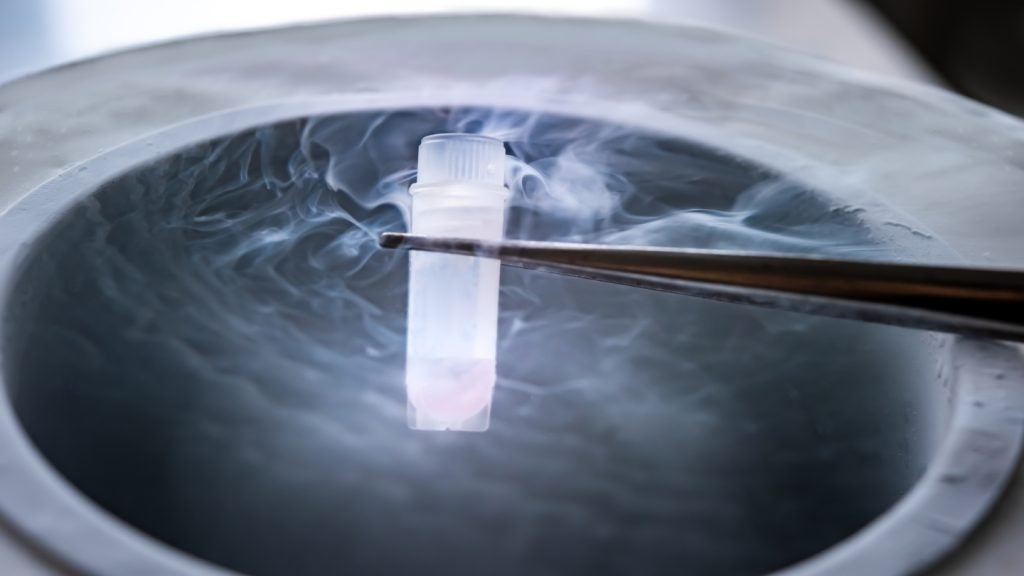
Reductions in pill burden and dosing, improvements in safety and tolerability, and increased barriers to resistance have changed HIV management.
Such changes have resulted in therapies including once-daily integrase inhibitor-based Gilead’s Biktarvy and Viiv’s Triumeq, becoming standards of care. With such safe and efficacious treatments available, it could easily be reasoned that antiretroviral treatment (ART)-mediated suppression of HIV is a minor unmet need, and that future efforts should focus on prevention, and even curing of this lifelong infection.
Long-term treatment
Close examination of safety and efficacy data supports diverting attention away from ARTs, with experts interviewed by GlobalData reporting that room for improvement in these clinical parameters is marginal at best. However, this calculus eschews several factors that should weigh heavily in considering long-term management of HIV.
As HIV integrates into the host’s genome, suppression of viral replication is required for the remainder of the patient’s lifespan. Accordingly, lifelong treatment implies lifelong exposure to at least three drugs, depending on the treatment plan.
Minimisation of drug exposure should be considered in all chronic disease management, including HIV, as long-term exposure increases the risk of side effects and complications. Drug developers are exploring how best to implement a drug-sparing strategy utilising existing agents. While it is unclear what role these agents will play in long-term HIV management, early data portending a role for this strategy in HIV management is encouraging. Efforts are also focusing on pill burden associated with long-term treatment, as moving from daily to monthly treatment could improve compliance and overall outcomes.
Previous studies
Viiv previously presented data showing that once-monthly injections of combination cabotegravir and Johnson & Johnson’s rilpivirine are as efficacious in control of viral loads as the highly impressive Triumeq.
How well do you really know your competitors?
Access the most comprehensive Company Profiles on the market, powered by GlobalData. Save hours of research. Gain competitive edge.

Thank you!
Your download email will arrive shortly
Not ready to buy yet? Download a free sample
We are confident about the unique quality of our Company Profiles. However, we want you to make the most beneficial decision for your business, so we offer a free sample that you can download by submitting the below form
By GlobalDataIn August 2019, ViiV Healthcare presented Phase III data showing that this combination administered via injection once every two months is as efficacious as once-monthly injections. While this has the potential to reduce pill and treatment burden, insight on willingness to switch to or start on these injections rather than rely on oral therapies remains elusive. However, these injections could be of particularly high utility in patients where compliance issues have been noted. This is a particular concern in HIV, as irregular compliance is associated with increased drug resistance.
Current treatments
Viiv’s Juluca (dolutegravir/rilpivirine) and Dovato (dolutegravir/lamivudine) received FDA approvals in 2017 and 2019, respectively, for treatment of HIV. However, Juluca’s use is limited to patients who are already on treatment and have undetectable viral loads, while Dovato is indicated for both treatment-experienced and -naïve patients.
These approvals mark the first steps in reducing drug exposure in HIV patients; however, uptake has been relatively modest. Juluca recorded only $189M in H1 2019. While no paltry sum, Viiv’s own Tivicay and Triumeq combined for $2.5B over the same period, while Gilead’s Biktarvy saw sales of $1.7B, indicating that three-drug regimens continue to dominate this space.
GlobalData believes drug-sparing HIV regimens will see an expanded role in HIV management, especially as physicians become more comfortable with using fewer ARTs. Importantly, this will also depend highly on patient receptivity to use of long-acting injectables and dynamics in usage of pre-exposure prophylaxis (PrEP). Interviewed experts suggest this will see continued uptake, while noting that PrEP usage continues to lag behind what experts would hope to see, especially given PrEP’s efficacy in HIV prevention.





